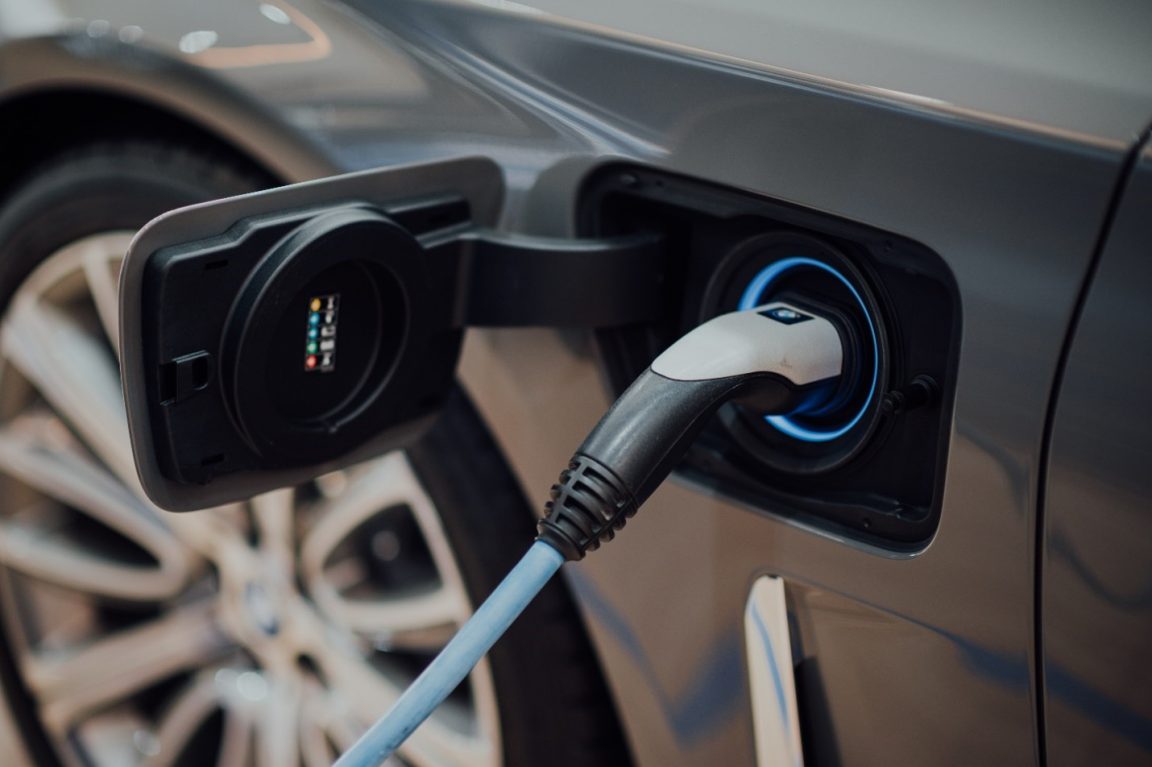Are you planning to buy an electric vehicle? If yes, receiving the tac credits must have you super-excited. And having the taxes you owe to the state slashed feels good, right? Well, if buying an electric vehicle is in your plan, you’re in for some good news and some bad news.
The good news, they increased the tax credits for owners of electric cars to $7,500. You read that right. You can get a whopping $7,500 slashed from your tax payable. That’s enough motivation to invest in an electric vehicle.
But the good news, as great as it sounds, isn’t really that great after all! All thanks to President Joe Biden’s administration’s new rules regarding electric vehicles and tax credits.
If buying an electric vehicle is on your to-do list this year, it would be good if you understood tax law changes so that you know what to expect. Because we can tell one thing for sure – if you don’t educate yourself about these new rules, you’re in for some serious disappointments!
New Buyer Income Caps
According to the new rules, if you want to become eligible for tax credits for owning an electric vehicle, your adjusted gross income should be $150,000 or less if you’re single, $300,000 if you’re married, and you’re filing for tax credits jointly, and $225,000 if you’re the head of the family. If your adjusted gross income is more than this, you don’t qualify for receiving tax credits for owning an electric vehicle.
New Electric Vehicle Price Caps
Another restriction on tax credits for electric vehicle ownership comes in the form of new electric vehicle price caps. For one to become eligible for electric vehicle tax credits of $7,500, they’ll have to select from limited options of electric vehicles. The electric vehicle needs to be of a certain price for the owner to qualify for tax credits. The new electric vehicle price caps are:
- $80,000 for vans, SUVs, and pickup trucks
- $55,000 for other vehicles
If you select an electric vehicle that’s more expensive, you won’t qualify for tax credits for owning an electric vehicle.
New Requirements about Electric Vehicles’ Batteries Content
Electric vehicle batteries contain critical minerals like cobalt, copper, lithium, and nickel. In fact, they import most of these minerals from China, Australia, Brazil, and South Africa. But, according to the recent law changes, companies need to source 40% of all battery mineral content domestically. Either from the United States or countries with which the United States has signed trade agreements.
From 2024, an electric vehicle that has a battery with minerals sourced from a ‘foreign entity of concerns’ (China, North Korea, Russia, and Iran) won’t qualify for the tax credit.
The percentage requirements will only increase to 80% in 2027. This is to ensure that electric vehicle manufacturers support the local economy. This will result in the price of electric vehicles going up. But, if manufacturers don’t ensure that they sourced 40% of the battery’s mineral content domestically. Then their vehicles won’t qualify for tax credits. Plus, they need to make 40% of the total battery components (other than the minerals) in North America to qualify for tax credits. Thus, if you buy an electric vehicle from a manufacturer who doesn’t follow the new guidelines, you won’t receive the $7,500 worth of tax credits.
New Requirements for Electric Vehicle Assembly
Also, for an electric vehicle (and its owner) to qualify for the tax credit. The manufacturer has to ensure they assemble 50% of the vehicle in North America. By 2029, all the assembly operations of electric vehicles should be in North America. It means that the assembly of all the parts of an electric vehicle happens in a factory located in the United States, Mexico, or Canada. However, if a manufacturer doesn’t follow the new assembly guidelines, their vehicles won’t qualify for the tax credit.
Credit Amount According to Tax Law Changes
The total tax credit for electric vehicle owners has been increased to $7.500. And now they call it the clean vehicle credit. But, they divided it into two parts:
- If an electric vehicle complies with the requirements of 40% of the battery’s critical minerals to be sourced domestically, the vehicle (and its owner) will qualify for $3,750 in tax credits.
- If an electric vehicle complies with the requirements of 50% of the total battery components being sourced domestically, the vehicle (and its owner) will qualify for $3,750 in tax credits.
But, if you purchase an electric vehicle whose battery contains 50% domestically sourced components, but at least 40% of critical elements aren’t sourced domestically. Then you’ll only get $3,750 tax credits.
Tax Credits for Used Electric Vehicles
Following the tax law changes, owners of used electric vehicles will also be eligible for tax credits. Any individual who purchases a used electric vehicle in 2023 and later will get tax credits. However, there are certain restrictions here too.
The used electric vehicle should cost $25,000 or less and should be at least two years old to qualify for tax credits. Although used electric vehicle options that meet these criteria are few, you’ll find one if you’re lucky. If you do, you’ll get a tax credit worth 30% of the vehicle’s price or $4,000 (whichever is lesser). Another restriction is that the used electric vehicle should be purchased from a dealer, not a private seller.
This is not it. The purchaser’s adjusted gross income should be $75,000 for single taxpayers or married taxpayers filing separately, $112,500 for the head of households, and $150,000 for joint filers.
Point-of-Sale Credit
According to new tax law changes, electric car purchasers will be able to transfer their tax credits to dealers starting in 2024. The dealer will then offer a credits-worth price reduction in the price of the electric vehicle as if the purchaser has made a down payment. The purchasers won’t have to wait till they file their tax returns and can use their credits immediately.
There have been significant changes in tax laws concerning electric vehicles. You can visit our legal blog, Spirit One, if you want more clarity and then decide if you’re still up for buying an electric vehicle!


